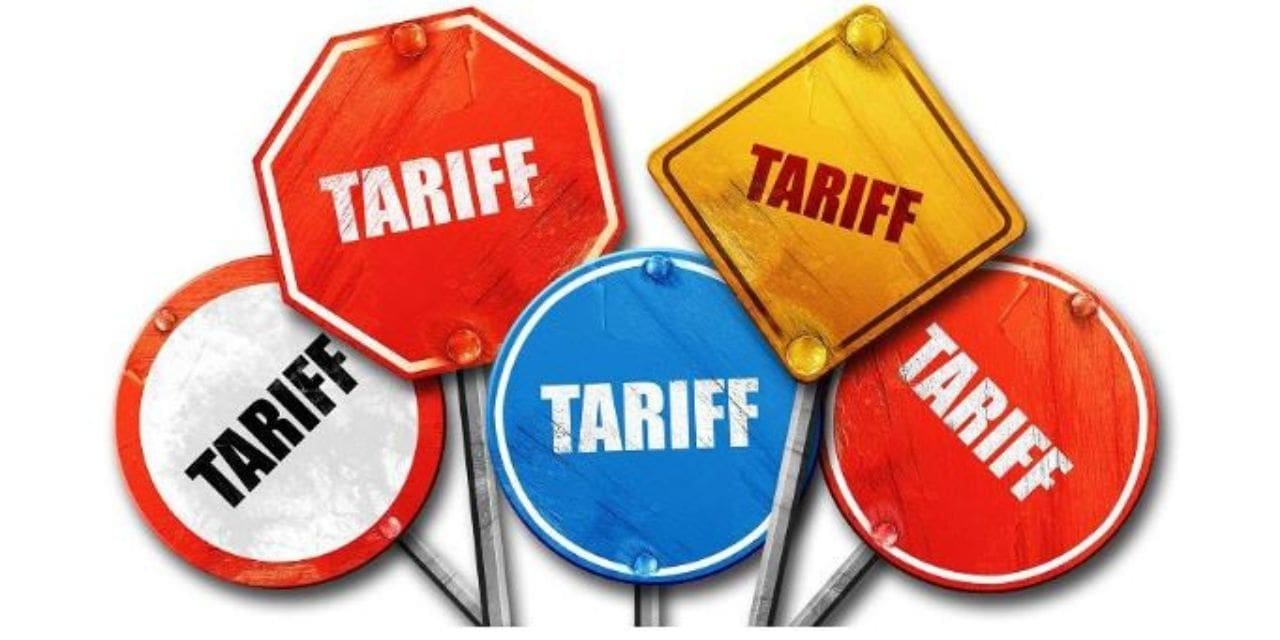India is poised to reduce tariffs on products, including high-tariff items like cars, whiskey, and machinery, as part of its free trade agreements (FTAs) with developed economies. In a significant shift, the government is moving away from viewing tariffs as a primary source of revenue during negotiations, according to a government official.
As India negotiates FTAs with countries such as the UK, the European Union (EU), Australia, and Oman, duty reductions could lead to a sharp decrease in import tariffs on goods and services. The official stated that tariffs can no longer be relied upon as a revenue source, as the overall economic growth resulting from the free movement of goods and services is of greater importance.
India has the highest import duty among major economies, with an average Most Favored Nation (MFN) rate of 18%, roughly double the global average. The proposed tariff reductions aim to align India’s trade terms with those of its partners under the most-favoured-nation clause of the World Trade Organization (WTO).
Regarding revenue implications, the Union government estimates custom duty revenue to reach Rs 2.3 lakh crore in 2023-24, 11% higher than the revised estimates for 2022-23. However, customs duties only contribute about 8% of the gross tax revenue. The reduction in tariffs is expected to foster increased competition, enhance quality, and benefit consumers.
Trade partners that India is negotiating FTAs with have raised concerns about high tariffs. For instance, the average tariff on goods imported from India into the UK is 4.2%, while the average tariffs on UK exports to India are 14.6%. Similarly, the US has expressed concerns over India’s tariff regime, citing the large disparities between bound rates and the most favoured nation (MFN) applied rates.
The move towards lowering tariffs comes as India aims to open up its economy in a calibrated manner, gradually removing protectionist measures. By integrating into the global value chain through free trade agreements, India seeks to benefit from increased trade, competition, and better-quality products.
However, the opening of the Indian market must be carefully balanced with revenue considerations. The commerce ministry is consulting with the finance ministry to assess the financial implications of reducing tariffs. Despite challenges, India’s push for trade liberalization and a more competitive economy signals a positive shift towards a more globalized and interconnected marketplace.
The European Union has also highlighted concerns about India’s trade regime, citing technical barriers to trade, sanitary and phytosanitary measures, and deviations from internationally agreed standards. The EU called for improvements across various sectors, including goods, services, public procurement, and investment. As India moves toward lower tariffs and a more open economy, addressing such concerns will be crucial to building strong and mutually beneficial trade relationships.

